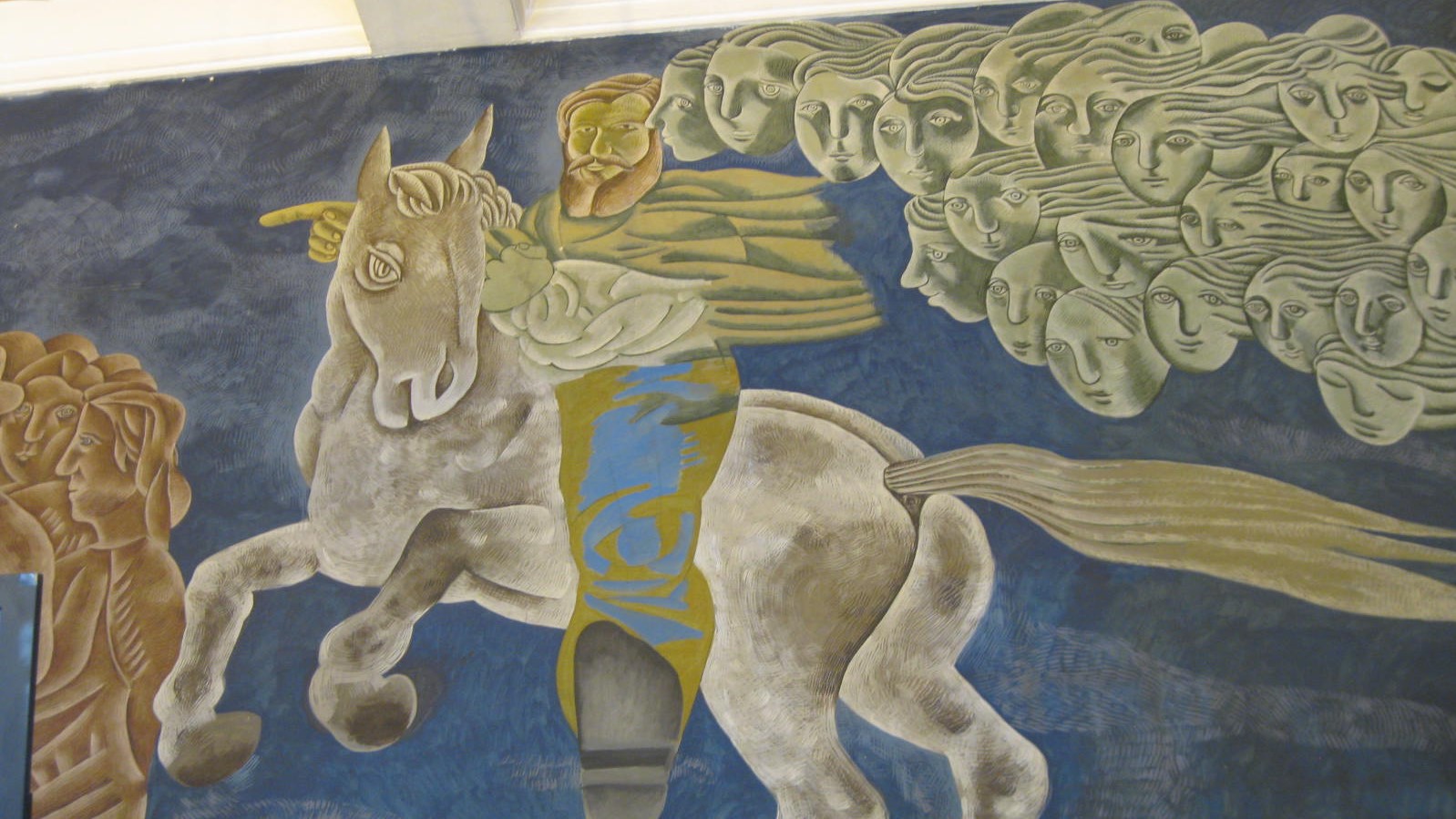
Jeremiah 31:7-14
Christmastide C6
7 For thus says the Lord:A
Sing aloudB with gladnessC for Jacob,D
and raise shoutsE for the chief of the nations;F
proclaim,G give praise,H and say,
“Save,I O Lord, your people,
the remnantJ of Israel.”K
8 See,L I am going to bring them from the land of the north,M
and gather them from the farthest partsN of the earth,
among them the blind and the lame,
those with child and those in labor, together;
a great company, they shall returnO here.P
9 With weepingQ they shall come,
and with consolationsR I will leadS them back,
I will let them walk by brooksT of water,
in a straightU pathV in which they shall not stumble;
for I have become a father to Israel,
and EphraimW is my firstborn.
10 HearX the word of the Lord, O nations,
and declare it in the coastlands far away;
say, “He who scatteredY Israel will gather him,
and will keepZ him as a shepherd a flock.”AA
11 For the Lord has ransomedBB Jacob,
and has redeemedCC him from handsDD too strongEE for him.
12 They shall come and sing aloud on the height of Zion,FF
and they shall be radiantGG over the goodnessHH of the Lord,
over the grain, the wine,II and the oil,JJ
and over the youngKK of the flockLL and the herd;MM
their lifeNN shall become like a wateredOO garden,PP
and they shall never languishQQ again.
13 Then shall the young womenRR rejoiceSS in the dance,TT
and the young men and the oldUU shall be merry.
I will turnVV their mourning into joy,WW
I will comfortXX them, and give them gladness for sorrow.
14 I will give the priests their fillYY of fatness,ZZ
and my people shall be satisfiedAAA with my bounty,BBB
saysCCC the Lord.
Image Credit: “Return to Zion,” by Avraham Ofek, mural on the post office in Jerusalem, 20th century.
